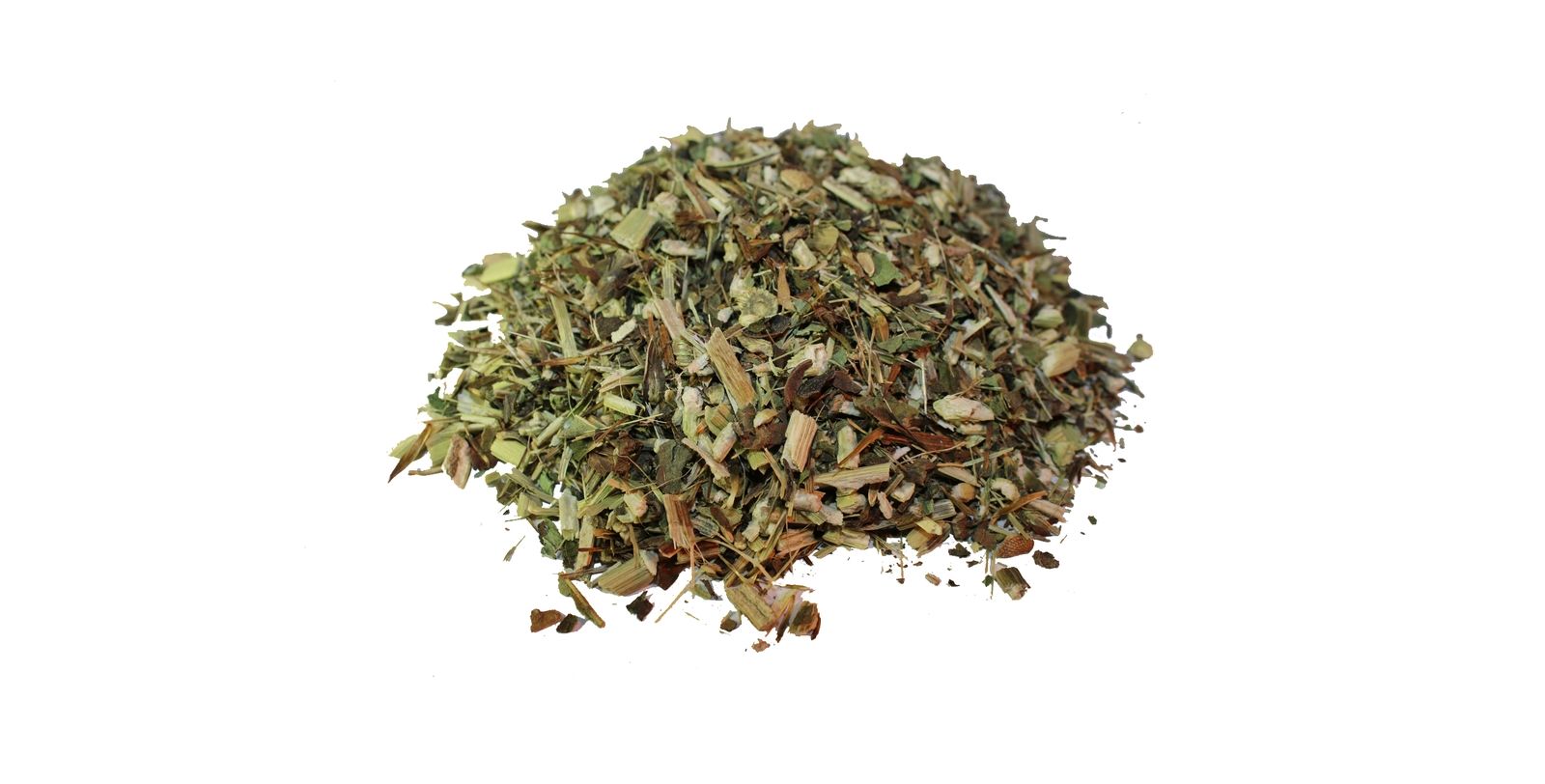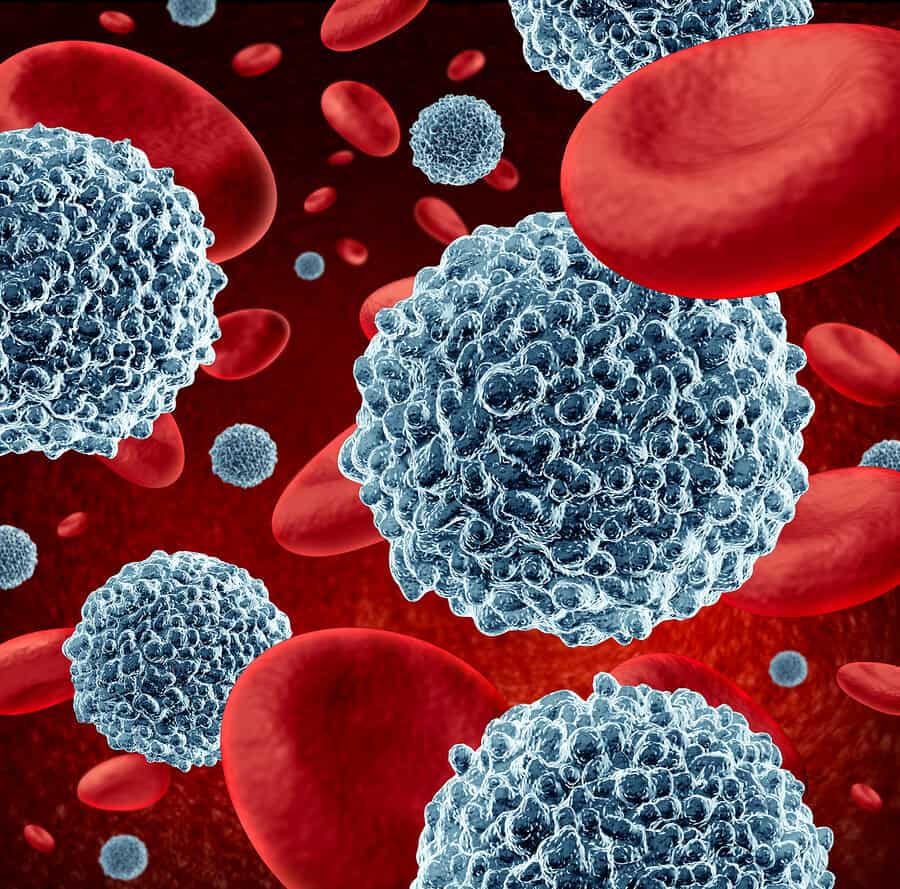
Echinacea is a native North American coneflower that was discovered and used as a traditional herbal remedy for more than 400 years by the Great Plains Indian tribes. Technically classified as an herb, several species of the Echinacea plant are used to make medicine from its flowers, leaves and roots. Prior to 1950 and the introduction of antibiotics, Echinacea held an esteemed medicinal status.
. Combats Cancer
Fascinating research about Echinacea benefits regarding brain cancer has been published by the National Institutes of Health (NIH). Stating that,
The medicinal value of phytochemicals contained in Echinacea is clearly evident and indicates that these agents, as well as phytochemicals not yet discovered in other herbs, may be valuable tools to combat tumors. (5)
The use of Echinacea as another natural cancer treatment is now being recommended, literally, “alongside — or indeed in place of — conventional therapy.”
2. Boosts the Immune System
Published in the journal Lancet Infectious Diseases, the University of Connecticut performed a meta-analysis study that evaluated 14 studies and determined that:
- Echinacea cuts the chances of catching a common cold by 58 percent.
- Echinacea reduces the duration of the common cold by almost one-and-a-half days.
Craig Coleman, Assistant Professor of Pharmacy Practice and lead author of the study, added that, “The take home message from our study is that echinacea does indeed have powerful cold prevention and cold treatment benefits.” As I’ve discovered, it’s one of several effective natural cold remedies. According to Dr. Coleman,
The significance of that finding becomes clear when you consider Americans suffer from one billion colds annually and spend about $1.5 billion annually for doctor’s visits and another $2 billion annually on non-prescription cough and cold treatments. (6)
The United States Department of Agriculture Natural Resources Conservation Service reports that the immune system seems to be strongly influenced by the level of the echinacea dose. It appears that 10 milligrams of echinacea per one kilgram of body weight, taken daily over a 10-day period, is effective as an immune system stimulant. (7)
In addition, the medical journal Hindawi has published material suggesting that echinacea stops viral colds. However, the most significant results of echinacea benefits with regards to the immune system were the effects when used on recurring infections. (8) To date, research shows that Echinacea probably reduces cold symptoms, but it seems its effects are more powerful once cold symptoms start. (9)
3. Alleviates Pain
Echinacea’s history began when echinacea purpurea was used by the Great Plains Indians as a painkiller. It’s especially effective for the following types of pain:
- Pain in the bowels
- Pain associated with headaches
- Pain associated with HSV (Herpes)
- Pain associated with gonorrhea
- Pain associated with measles
- Snake bites
- Sore throats
- Stomach ache
- Tonsillitis
- Toothache
Some common ways to use echinacea to combat pain is to drink the herbal tea, or even make a paste out of the ground herb and rub it directly on the area that is affected.
4. Functions as a Laxative
Like many herbs, echinacea is particularly healing for the stomach and entire gastrointestinal tract. According to Medical Herbalism, for example, echinacea can be used as a mild laxative to provide natural constipation relief and as a calming agent. (10)
Drinking the herbal tea is especially effective to help with this. For more chronic conditions, a cup of tea every day can help loosen the bowels — whereas 2–3 cups per day can help with sudden bouts. However, be sure not to over use echinacea, keeping watch to limit your tea to two cups a day max and taking supplements as directed on their labels.
5. Anti-Inflammatory
Arguably the number one killer worldwide, inflammation is at the root of most diseases. Various factors — including stress, toxins in our food and poor sleep — all contribute. Thankfully, as explained by the University of British Columbia, regular echinacea consumption can effectively reverse and alleviate various types of inflammation. (11)
The National Institute of Health reports that it can even help with uveitis, or eye inflammation. (12) It’s a good idea for people who struggle with chronic inflammatory conditions like rheumatoid arthritis to regularly consume the herbal tea.
6. Improves Skin Problems
Echinacea benefits the skin superbly. In a paper prepared by Armando González Stuart, PhD, about herbal safety, it describes how echinacea has been used by various Native American tribes to treat: (13)
- Arthropod bites
- Eczema
- Inflammatory skin conditions
- Psoriasis
- Snakebite
- Skin infections
- Stings
- Wound healing
- It can also be used to regenerate skin.
7. Helps Improve Mental Health
Echinacea angustifolia is the recommended species to help with these specific ailments related to ADD/ADHD, and it can be considered one of the natural remedies for ADHD. (14) Both adults and children suffering from ADD/ADHD have a higher-than-normal chance of experiencing emotional disturbances, especially:
- Anxiety
- Depression
- Social phobias
Again, dosage is key. It’s recommended to only take 20 milligrams at a time and no more. In fact, taking more than 20 milligrams per dose can actually cancel out the echinacea benefits that relieve anxiety.
8. Relieves Upper Respiratory Issues
Because of its immune-boosting and anti-inflammatory effects, echinacea can be used to relieve the following upper respiratory symptoms: (15)
- Acute sinusitis
- All flu’s
- Common cold
- Croup
- Diphtheria
- Inflammation
- Strep throat
- Tuberculosis
- Whooping cough
For more severe issues, supplements are the way to go as drinking tea, for instance, is just not concentrated enough.
9. Fights Infection
Echinacea is also a fantastic remedy for a whole slew of infections. (16) According to the NIH, taking echinacea and applying a medicated cream to the skin can lower the rate of reoccurring vaginal infections by to 16 percent, compared to simply taking the medicine alone. It’s also known to help with:
- Bloodstream infections
- Genital herpes
- Gum disease
- Malaria
- Syphilis
- Typhoid
- Urinary tract infections
- Vaginal yeast infections
Echinacea Side Effects
High doses of echinacea can sometimes cause nausea and dizziness, particularly in those who have allergies. It has also been reported that injected echinacea can cause more severe reactions, such as diarrhea, disorientation, dizziness, dry mouth, fever, headache, insomnia, joint and muscle aches, nausea, numbness of the tongue, sore throat, stomach pain, unpleasant taste and vomiting. (17)
Regarding pregnant women and breastfeeding mothers, the Mayo Clinic gives the “OK” to use echinacea. However, they make it a point to say that safety information is limited so be sure to use with caution. (18)
Recommended Use for Echinacea
Although there is no formal proof on how to best use echinacea, the NIH offers the advice that regular daily use is definitely beneficial for immune support and overall health. (19) Some sources claim that echinacea seems to be most effective when taken as soon as symptoms appear, and taken many times a day for seven to 10 days. It’s also believed that liquid forms of echinacea may prove more effective than capsules. (20)
Whether or not you’re using it for yourself or your children, always remember to use an alcohol-free preparation.


